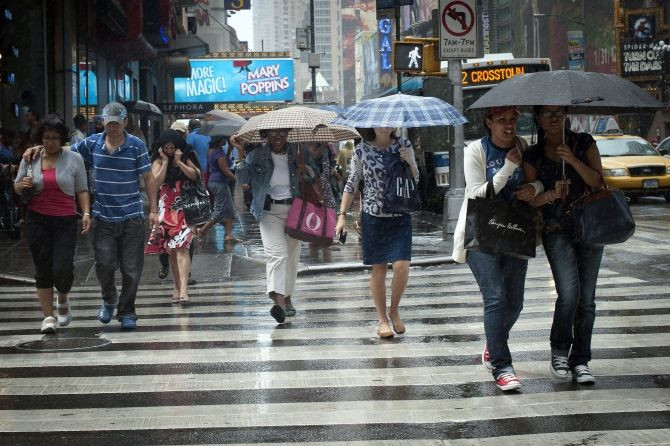Nearly One in Three Americans Were Uninsured Between 2004 and 2007

In America between 2004 and 2007 there were 89 million people uninsured for at least one month. Twenty-three millions individuals lost health insurance coverage more than once during that time period.
A study conducted by researchers at Penn State University and Harvard University found that in addition to the 89 million who were uninsured for just a month and the 23 million who lost coverage, 12 million were continually uninsured, 11.5 million lost health insurance altogether, 14 million experienced gap between coverage, 6 million had temporary coverage and only 11 million gained coverage at some point.
"These findings call attention to the continuing instability and insecurity of health insurance in our country," said Pamela Farley Short, professor of health policy and administration at Penn State. "With more than a third of all Americans under the age 65 being uninsured at some point in a four-year period, it's easy to see that the problem of being uninsured is a big one that affects lots of people."
The data also demonstrated that people who fall into the low-income socioeconomic status are more vulnerable to periodic losses of health care coverage. Nearly 64 percent of adults and 60 percent of children who fall 200 percent below the poverty line were uninsured for at least one month during the four-year period.
"Even though low-income people are disproportionately affected by gaps in health insurance, none of us is really safe," Short said. "Any one of us could be afflicted with a serious health problem that could cause us to lose our jobs and our access to employment-based insurance, which is how most of us get insurance."
Along with socioeconomic status, other factors that involve gaps in insurance coverage include individuals who are divorced, have lost their jobs or are in between jobs and children who have aged out their parent's plans or public health programs. However, not only are the individuals without health insurance suffering but also those who have to pay premiums as well. When people who do not have health insurance are sick, hospitals are still required to service them, which lead to higher premiums when those hospital bills are left unpaid.
"We all have a stake in this problem of providing everyone with continuing access to affordable insurance," Short said. "Promoting stability and minimizing uninsured gaps should be high priorities as federal and state officials proceed with the implementation of national health care reforms."
The study was published in the Medical Care Research and Review.
Published by Medicaldaily.com



























